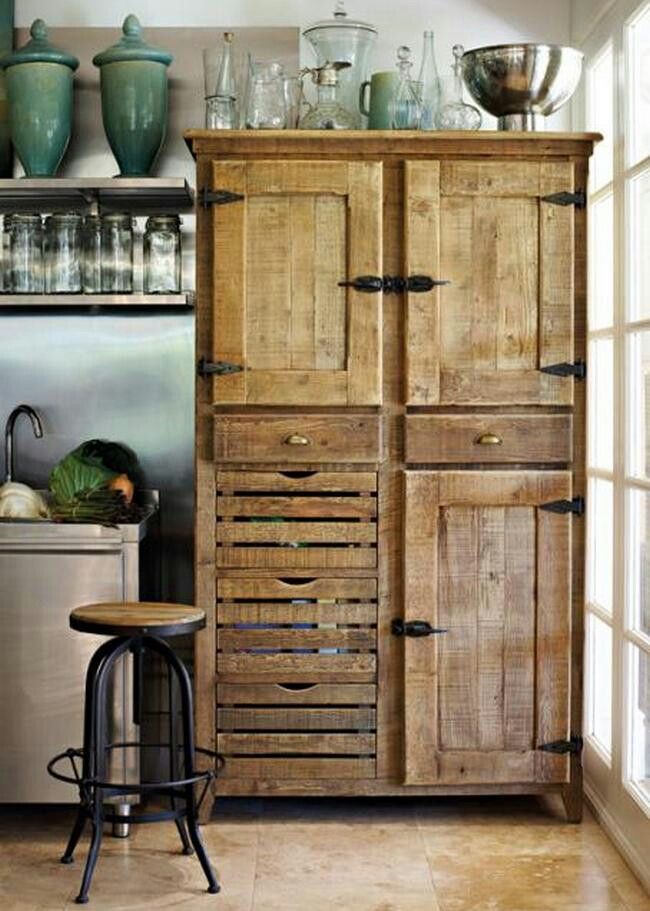
Recyclable kitchen is a sustainable concept that promotes eco-friendly practices in the heart of the home. By utilizing recyclable materials and implementing recycling systems, the kitchen becomes a hub for reducing waste and minimizing environmental impact. From using reusable containers and bags for storage to composting food scraps and practicing mindful water use, a recyclable kitchen focuses on making conscious choices that benefit both the planet and the health of its inhabitants. By incorporating energy-efficient appliances, opting for non-toxic cleaning products, and sourcing locally grown produce, the recyclable kitchen embodies a lifestyle that prioritizes sustainability and mindful consumption. Through education, awareness, and a commitment to the Earth, the recyclable kitchen serves as a model for responsible living and inspires others to make positive changes in their own homes.
Recycling has become increasingly important in today’s society as a way to reduce waste and minimize our impact on the environment. In particular, recycling in the kitchen is one area where small changes can make a big difference. By focusing on recyclable kitchen items, individuals can help divert waste from landfills and conserve natural resources.
One key aspect of creating a recyclable kitchen is to prioritize reusable and durable materials. This includes opting for glass or stainless steel containers instead of single-use plastic bags or containers. Additionally, choosing cloth or silicone food storage options can help reduce the need for disposable plastic wraps. By investing in long-lasting kitchen items, individuals can significantly reduce their waste output over time.
Another important element of a recyclable kitchen is proper waste management. This includes separating recyclable materials from general waste and ensuring they are disposed of correctly. By setting up designated recycling bins for paper, plastic, glass, and metals, individuals can make it easier to recycle in the kitchen. Educating household members about what can and cannot be recycled is also crucial in ensuring that recycling efforts are effective.
Ultimately, creating a recyclable kitchen is a simple way to make a positive impact on the environment. By prioritizing recyclable materials, reducing waste, and properly managing recycling efforts, individuals can work towards a more sustainable and eco-friendly kitchen. Making these changes not only benefits the environment but can also lead to cost savings and a healthier home environment. By taking small steps towards creating a recyclable kitchen, individuals can contribute to a greener future for all.
 home decor trends
home decor trends



